
Artificial sweeteners are familiar to dieters. Many people probably use them for cooking or as a break from weight loss, as they can be used in place of sugar to reduce calories. In this issue, we will focus on artificial sweeteners and introduce their advantages and disadvantages, as well as recommended products.
Suponsered by
What is Artificial Sweetener?
Artificial sweeteners are a type of sweetener similar to sugar, and are classified as a non-sugar sweetener. Six types are currently in use: saccharin, aspartame, acesulfame K, sucralose, neotame, and advantame, and the sugar alcohol erythritol may also be treated as an artificial sweetener. The key characteristics are that they are treated as artificially produced food additives and that they are several tens to several hundred times sweeter than sugar. Like sugar, it has 4 or 0 calories per gram, and its greatest appeal is that it can be used in smaller amounts to reduce calories.
Advantages of Artificial Sweeteners
Here are some of the advantages of replacing sugar with artificial sweeteners. In particular, we would like to draw your attention to the benefits for those who are not on a diet.
Merit (1) “Can reduce calories and have a weight-loss effect.
This is probably the effect that many people expect the most. For those who want to use sugar but are concerned about calories, or for those who want to eat something sweet while losing weight, artificial sweeteners are a welcome addition. Especially when dieting, there are many opportunities to endure, so being able to enjoy sweetness stress-free would be quite appealing. Stress can have a negative impact on dieting from the perspective of cortisol, so refresh yourself with artificial sweeteners in moderation.
Advantage 2: “Can suppress the rise in blood sugar levels.
Artificial sweeteners do not contain sugar, so blood glucose levels do not rise after consumption. Therefore, insulin is not secreted, so even diabetics can take them. Furthermore, the fact that it does not raise blood glucose levels means that it is less likely to produce fat, making it effective in preventing obesity. In addition, it prevents postprandial drowsiness caused by elevated blood glucose levels and the addictive effects of sugar, making it a good alternative to artificial sweeteners for those not on a diet.
Merit (3) “Effective in preventing tooth decay “
A little-known fact is the benefit here. Tooth decay occurs when mutans bacteria break down sugar to form dental plaque, which is not removed properly. Artificial sweeteners, however, contain ingredients that cannot be decomposed by mutans bacteria and do not produce the acid that causes tooth decay, so a preventive effect can be expected.
Demerits of Artificial Sweeteners
Artificial sweeteners are said to have an adverse effect on intestinal bacteria, but there are no sufficient research results. Other disadvantages include a slowing down of insulin, which is said to cause an overreaction when sugar is actually taken, and an increased desire for sweet foods. Also, aspartame, one type of artificial sweetener, contains an amino acid called phenylalanine, so people with phenylketonuria, who do not have the enzyme to break it down, should be careful.
What is the acceptable daily intake (ADI) of artificial sweeteners?
The acceptable intake amount depends on the type of artificial sweetener, and moreover, the fact is that the artificially sweetened products on the market are blends of several types. Therefore, it is difficult to give a definite dosage, but it is 5-15 mg per kg of body weight per day for artificial sweeteners other than aspartame, so a 60 kg male should safely consume around 600 mg per day. Incidentally, it is said that 2 liters of carbonated beverage water that claims to have zero calories contains about 800 mg of artificial sweeteners, so a 500 ml PET bottle of water is not a problem.
Recommended products using artificial sweeteners
The following is a list of products that use artificial sweeteners. You can easily use them as a substitute for sugar and can reduce calories, so why not give them a try?
Recommendation 1) “Taisho Pharmaceutical Livita PAL SWEET Calorie Zero Liquid Type
This product is a liquid type with a refreshing sweetness. Because it is liquid, it is easy to blend into food and beverages, and can also be used as a syrup. It is easier to use than the powder type. The sweeteners used are acesulfame K, aspartame, sucralose, advantame and erythritol.
For details and purchase, click here.
Recommendation 2: “CraneFoods Sweetopia Sucralose
This product contains high-purity sucralose and erythritol, and has a mild sweetness similar to sugar. The silky texture is easy to dissolve and can be used just like sugar. The simple and luxurious packaging will surely look good in the kitchen.
For details and purchase, click here.
Recommendation 3: “LOHAStyle Erythritol
Since it is 100% erythritol, a sugar alcohol, it cannot be called an artificial sweetener, but it is also recommended for those who are concerned about sugar content. Erythritol is the only sugar with zero calories recognized by the Ministry of Health, Labor and Welfare’s Nutritional Evaluation Act and is treated as a food, so even those who are not comfortable with food additives can use it without problems.


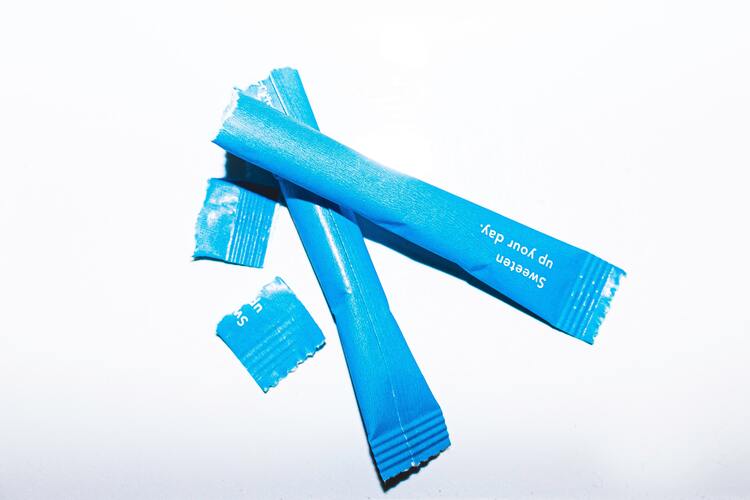
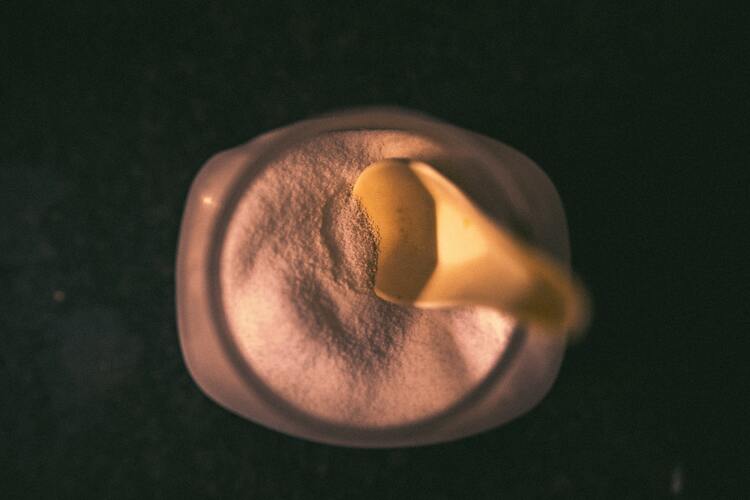
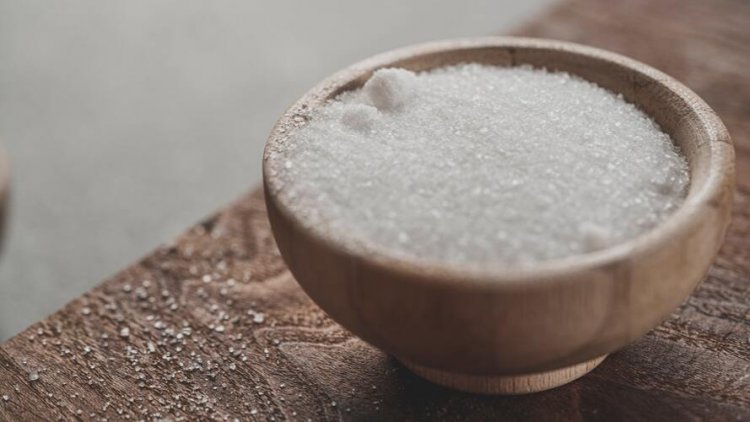
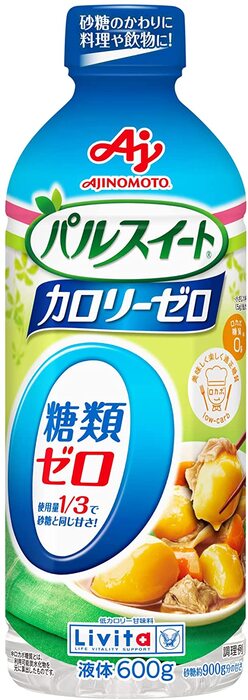
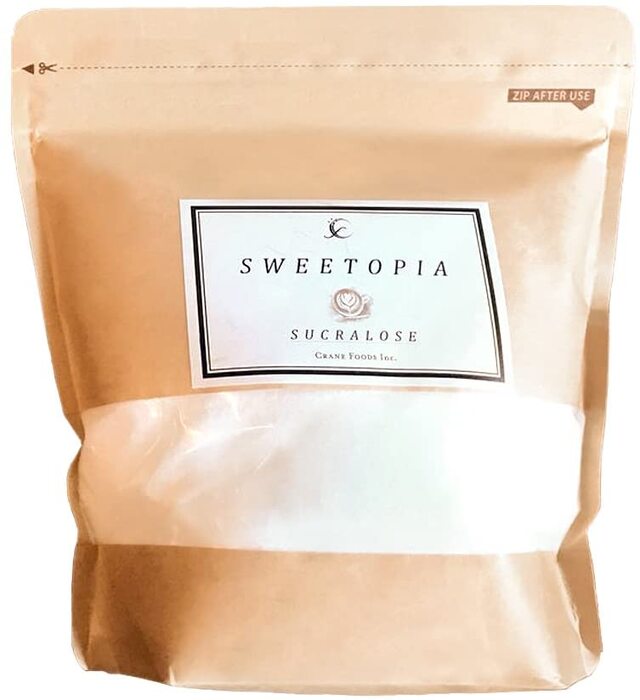
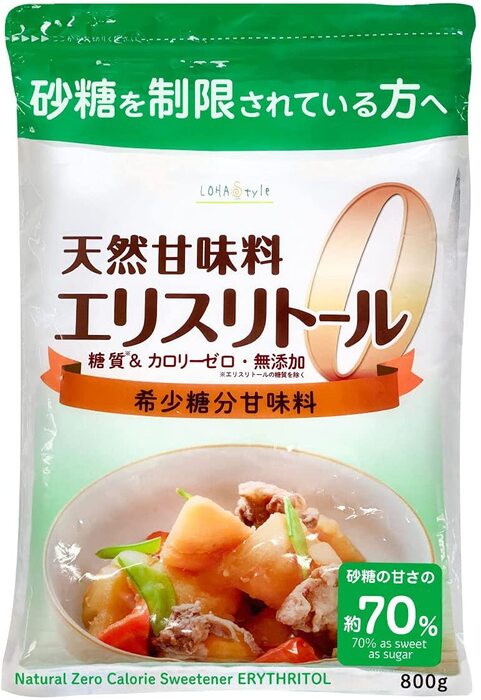


![Special feature on dress shoes by price! [ 16 excellent products that can be bought for 50,000-100,000 yen ].](https://otokomaeken.com/wp-content/uploads/2020/11/3d94c0146156fcb1049939849487c91d-2-630x331.jpg)























![6 self-weight menus for leg training! Effective training for toning the lower body [ supervised by a professional ].](https://otokomaeken.com/wp-content/uploads/2023/03/2232-115x60.jpg)